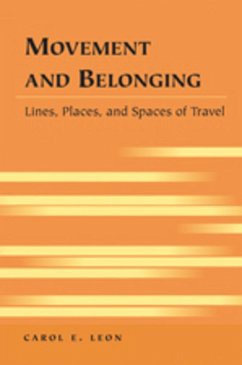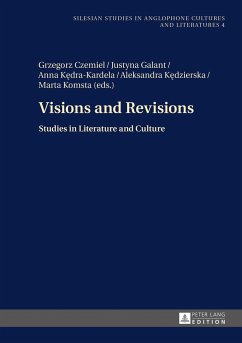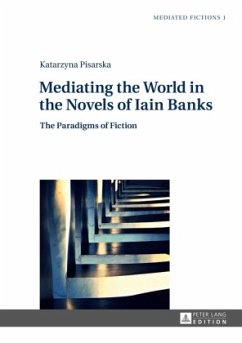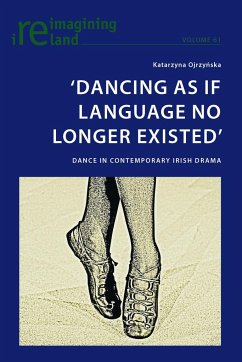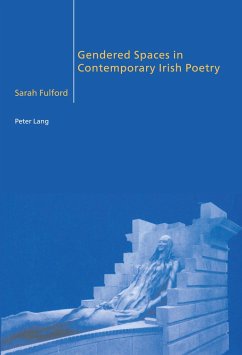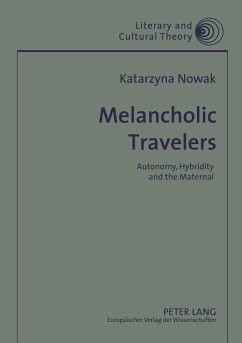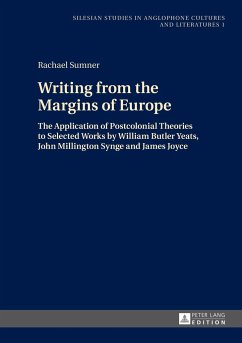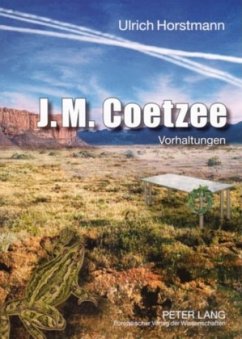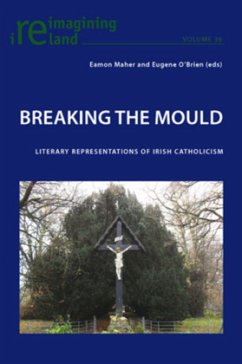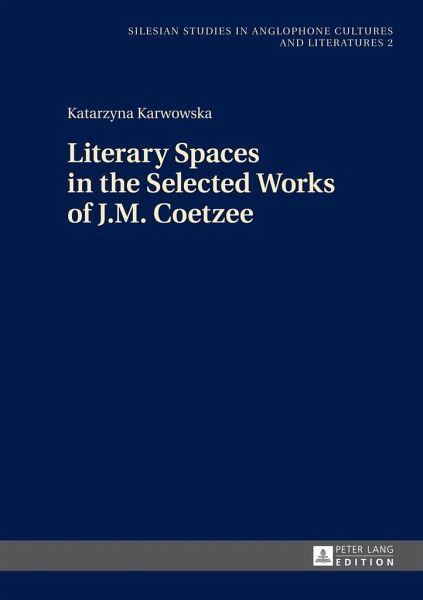
Literary Spaces in the Selected Works of J.M. Coetzee
Versandkostenfrei!
Versandfertig in 6-10 Tagen
44,25 €
inkl. MwSt.

PAYBACK Punkte
0 °P sammeln!
This book closely examines the processes governing the construction of literary spaces in the selected works of J.M. Coetzee, focusing in particular on the writer's subversive and destructive treatment of traditional modes of representation which participated in the imperial enterprise and served to overcome the ontological insecurity of colonisers. This strategy results in the formation of heterogenous, fluid and open locations which can be deciphered along the postmodern spatial theories of Foucault, Augé, Deleuze and Guattari. The transformation of topographies not only cleanses them of th...
This book closely examines the processes governing the construction of literary spaces in the selected works of J.M. Coetzee, focusing in particular on the writer's subversive and destructive treatment of traditional modes of representation which participated in the imperial enterprise and served to overcome the ontological insecurity of colonisers. This strategy results in the formation of heterogenous, fluid and open locations which can be deciphered along the postmodern spatial theories of Foucault, Augé, Deleuze and Guattari. The transformation of topographies not only cleanses them of the conventional residue in preparation for alternative spatial rearrangements, but also initiates processes which reverse the colonising project by breaching the gap between the other and the self.





